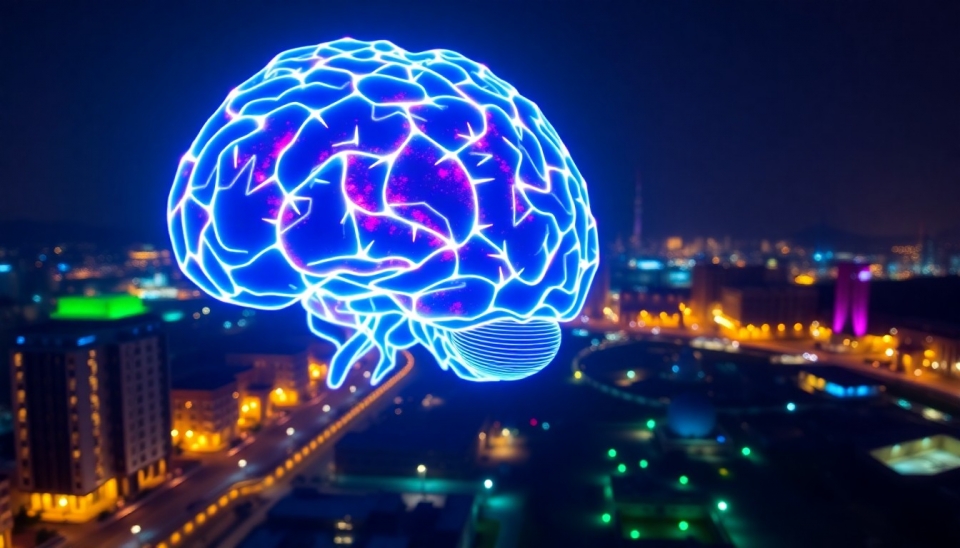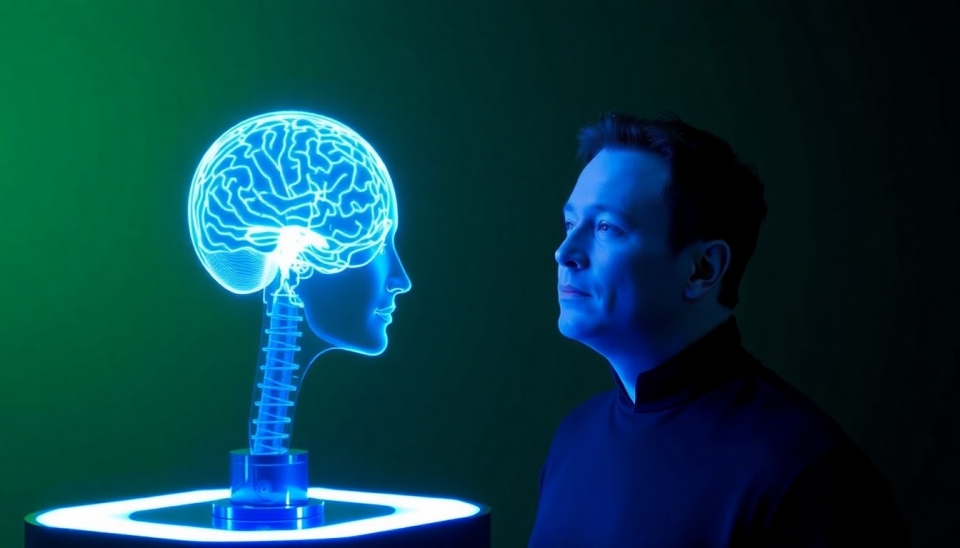
In an inspiring and groundbreaking development, companies like Elon Musk's Neuralink are at the forefront of a revolutionary effort aimed at restoring vision to individuals suffering from blindness. This initiative is not merely a distant concept; it represents a tangible ambition fueled by the latest advancements in technology and neuroscience.
Neuralink, known for its work in neurotechnology, is leading several startups in utilizing innovative approaches to tackle visual impairment. By focusing on the integration of brain-computer interfaces (BCIs), these companies aim to bridge the gap between the brain and technology, allowing individuals with vision loss to regain some form of sight.
Recent advancements in BCI technology have sparked hope for the millions of people worldwide affected by blindness. The approach involves implanting devices that decode brain signals associated with vision. These signals are then translated into visual information that can be interpreted by the brain, potentially allowing users to perceive their surroundings in a new way.
Neuralink's ambitious projects are complemented by efforts from other startups and research institutions, all of which are racing against time to refine their technologies and bring solutions to market. The collective goal is to not only enhance the quality of life for those affected by blindness but to also explore the fundamental workings of human perception.
The implications of this technology extend beyond merely restoring sight. Experts argue that successful implementation could lead to a broader understanding of the brain's processing capabilities and new treatments for various neurological disorders. While the technology is still in its infancy, the potential for groundbreaking discoveries is immense.
However, as these projects evolve, ethical considerations and safety protocols remain at the forefront of discussions. Ensuring the safety of implanted devices and the long-term effects on users is paramount. Regulatory bodies are closely monitoring these developments, emphasizing the importance of a thorough evaluation of the risks involved.
The field is filled with optimism, with initial trials already showing promising results. Participants have reported significant improvements in their ability to perceive light and shapes, laying the groundwork for more advanced capabilities in the future. The combination of rigorous research and human perseverance continues to motivate teams dedicated to this transformative cause.
As Neuralink and its counterparts embark on this challenge to redefine the boundaries of human vision, the tech world and medical community are watching closely. The intersection of technology and healthcare presents an unprecedented opportunity to change lives and usher in a new era of accessibility for those who have long been in the dark.
The journey ahead is uncertain but filled with promise. As innovation in BCI technology matures, there is a growing belief that the dream of restoring vision to the blind could transition from aspiration to reality. Only time will tell how far these advancements will go and how they will impact the fight against blindness worldwide.
In conclusion, the efforts of Neuralink and other startups signal a new chapter in the quest for vision restoration. With continued research and ethical vigilance, this groundbreaking field may soon herald a future where seeing is no longer limited to the sighted, but a possibility for all.
#Neuralink #ElonMusk #Blindness #VisionRestoration #BrainComputerInterface #Neurotechnology #Innovation #Healthcare #Accessibility
Author: John Miller




